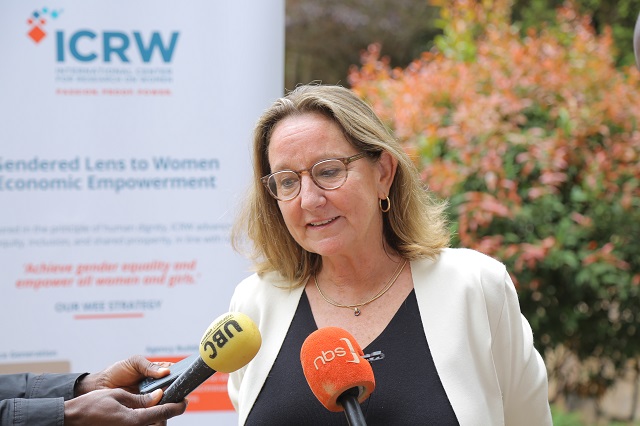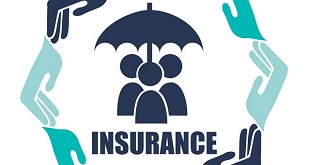
Kampala, Uganda | THE INDEPENDENT | On March.30, the International Center for Research on Women held a policy dialogue with government officials from the Ministry of Gender, Labour and Social Development, Equal Opportunities Commission, Parliament of Uganda, Uganda Bureau of Statistics, women’s groups in the informal sector, and civil society organisations to discuss the recent research and policy initiatives aimed at ensuring the wellbeing and labour rights for women in the informal sector.
The dialogue which is part of a series of engagements following a multi-country scoping study by ICRW in 2021, which assessed the impact of the COVID-19 pandemic on informal women workers in urban areas in Uganda and Kenya, seeks to advance women’s economic empowerment supported by the Bill & Melinda Gates Foundation.
“This is an important moment to address the multi-layered impact of COVID-19 on women in both formal and informal work in Uganda and Kenya – and around the world,” said Peggy Clark, CEO and President of ICRW.
“This is also a pivotal moment when government, the private sector, civil society organizations, and women’s groups can come together to create solutions that address not only the current challenges but also the systemic and institutionalized inequities that perpetually serve as barriers for women in the world of work.”
ICRW’s COVID-19 impact study revealed that women in Uganda make up 75 percent of the labour force in the informal sector – due to ease of entry and exit, as well as the flexibility of informal work in accommodating women’s childbearing roles and care responsibilities.
The research further revealed that women’s vulnerability, unstable income flows, and pre-existing challenges – such as gender-based violence – increased during the COVID-19 pandemic.
Naome Wandera, ICRW Africa’s Senior Research and Evaluation Specialist, said: “in order to create change for women, their families and communities, and the local and global economies, we need all stakeholders in the room to determine solutions that work.
Apollo Onzoma, an official from the Ministry of Gender, Labour and Social Development said the ministry has launched a single registry for social protection in relation to data management in all sectors.
He encouraged everyone in the informal sector to get involved in the National Social Security Fund Act.
Irene Nafungo of the Equal Opportunities Commission, a government agency responsible for protecting equal opportunities for all noted that they recognize that informal women workers are among the vulnerable and marginalized categories of the population because they are not socially protected and have limited access to funds.
Flavia Rwabuhoro Kabahenda, Kyegegwa District Woman Member of Parliament said that the idea of social policy is a new paradigm that is taking the right course. She said the Uganda Women’s Parliamentarians Association ensures that all women in all sectors and their needs/issues are catered for and that they articulate issues concerning women to ensure they are gendered.
 The Independent Uganda: You get the Truth we Pay the Price
The Independent Uganda: You get the Truth we Pay the Price


